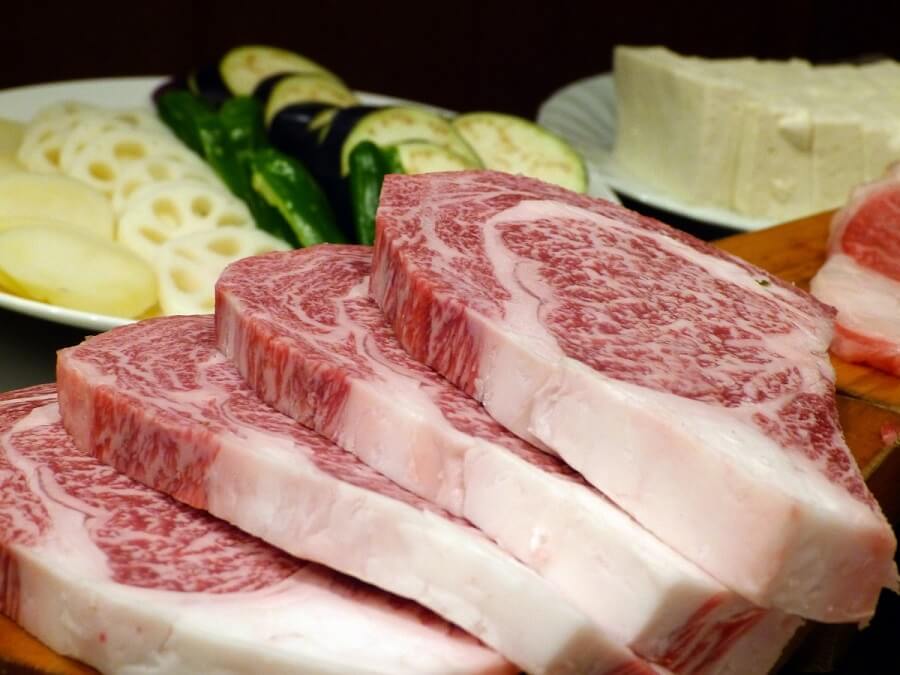Meat is indeed an expensive portion of the shopping budget, especially in Australia, and particularly if you want high-quality meat.
While the most cost-effective approach to saving money on meat is to avoid it altogether, if that isn't an option for you, there are other alternatives. Purchasing food in bulk or wholesale allows you to plan ahead of time and save money in the long term. When purchasing perishable things like meats, though, you must do your math correctly to avoid squandering a big chunk of the meat you purchased to last you a certain amount of time.
However, you have the option of doing things differently. You can buy meat wholesale in Sydney and not waste a gram of it.
In this post, you'll learn how to save money by purchasing meat in bulk.
- Plan wisely
Make a note of all the meats you want to buy before you go to the butcher or go online to buy them. Get the list down to the nitty-gritty. Include the pricing as well as the quantities. If this is a repeat buy, though, make a list of the meats you currently have on hand and how much more you'll need. It's impossible to be too prepared. This will help you in staying under your budget and not go overboard.
- Know the market rate
Know the price per kilo of meat at your neighborhood supermarket and butcher. Keeping a list of the cuts of meat you buy and use on your phone, together with the price, where you got that price and the date, will provide you with a quick reference guide to meat costs.
When you're checking a catalog, buying meat online or going to the butcher, double-check the pricing against your list to ensure it's a good deal.
When buying online, don't forget to factor in delivery costs when comparing pricing. Depending on transportation expenses, buying from local vendors may be less expensive.
- Buy the meat you will use
Purchasing in bulk needs an initial investment. So you want to make sure you don't throw anything out. One way to accomplish this is to ensure that you purchase the cuts you want to use. Purchasing in bulk necessitates an initial outlay. So you don't want to waste anything. Buying the cuts you'll use is one method to achieve this.
Buy smaller servings to play with if you wish to try different cuts. If your tests are successful, you can consider bulk buying next time around.
This applies to portion sizes as well. It's more likely to go to waste if meat is offered in joints with the bone in and the cut size is too large for your household. Instead, request your organic butcher to chop the joint into tiny pieces or hunt for smaller options.
- Think about storage
Meat does not have a long shelf-life. Sure, various meats have a varied shelf life, but even when stored in the refrigerator, they are very perishable food. Meat should be kept in the freezer if you wish to keep it for longer than a few days. Before you go out and get your meat, ensure you have a freezer ready to use.
- Bring a cold bag
Pack your meat in a cold bag or esky, along with an ice block, when you go shopping. If you live in a hot area, this tip is especially crucial. Cars can quickly heat up and the last thing you want is for your meat to go bad before you get home.
- Consider the weather
This may appear to be an odd suggestion, yet it is quite useful. During storm season, it is pointless to stock up on meat in your refrigerator. In the event of a power outage, your whole supply might be ruined.
Although it is very difficult to forecast and avoid a natural disaster, certain weather patterns can be taken into account. It's best to store up throughout the year and use what you have during the weather cycle phase.
Final note:
Overall, purchasing meat wholesale in Sydney is a wise decision. One that will assist you in better budgeting and ensuring food security for your household.






